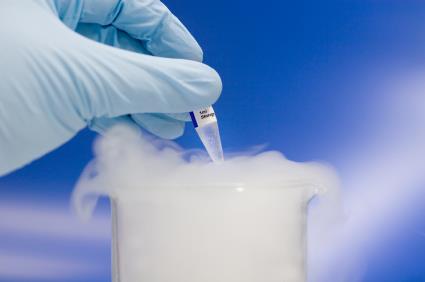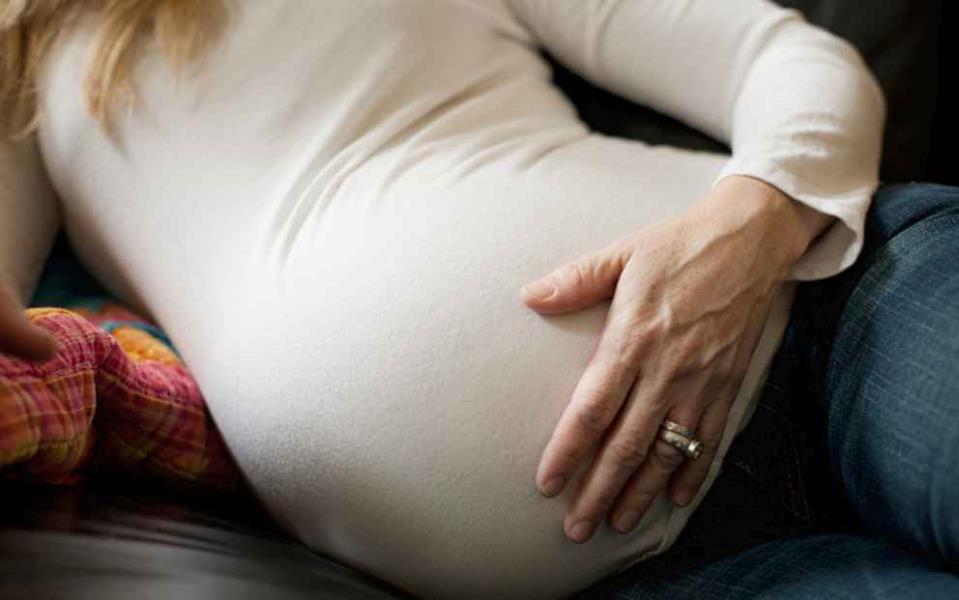On the subject of the amendments to the 2012 law on embryo protection, former Foreign Minister and Labour deputy leader George Vella said that he would have “definitely” voted against the bill, had he still been a Member of Parliament.
While he had been one of the promoters of the original law, saying it was in the best interests of the embryo, now that the concepts of surrogacy and gamete donation are being introduced Vella is totally against the amendments. He believes that, since the current law allows for ova vitrification (freezing) and adoption for same-sex couples, this “does away with all the legal and moral considerations” that are being introduced through the current bill. He believes that infertile couples should be given all the tools possible but within ethical and moral considerations.
He originally announced his disagreement with the Embryo Protection Bill by way of a tweet in which he branded it “a complete travesty of ethics, morality and human dignity, allegedly to remove ‘discrimination’ imposed by nature itself.”
He said this tweet had been a “knee-jerk reaction” to what he read in the bill. When asked if he had spoken to the Prime Minister before making that announcement, he said: “Why should I?” – explaining that he is no longer in politics and as such refuses to join any particular group with regard to this issue.
At the moment, he believes that while this bill objectifies the embryo, there is a commitment from both the Prime Minister and the Opposition against abortion. It would, he says, be political madness to give the impression that one is moving in that direction. He does, however, caution that pro-choice groups are quite powerful and cannot be ignored, and that it is a challenge for whoever is in government to strike a balance between what is available and what the people should have.
The Government should invest and educate to avoid the high rates of infertility in Malta, Vella suggested. Mentioning polycystic ovaries and endometriosis as prevalent diseases in Malta which may cause infertility, he believes that more money should be invested in order to reduce the number of people who have to opt for IVF. Lifestyle is also a major issue in Malta when it comes to infertility, he pointed out.

The beginning of life
For Vella, life begins at conception because this triggers the development in a cell which, under the right circumstances, would lead to human life. For him, it is the beginning of a life which is separate and independent from its parents and he believes that this is the general view, even from the scientific community.
When asked if an embryo is just a few cells, he said that all of us started from one cell penetrated by a sperm. The fact is and remains that it is that particular moment when there is fertilisation that the whole process of development is begun. The process of development can be stopped at any time, but even a born baby is not self-sufficient.

Embryo freezing
Vella asserts his disagreement with embryo freezing, saying that the bill is called the ‘Embryo Protection Act’ but embryo freezing is definitely not in the best interests of the embryo.
As a medical doctor, he says he has to admit that the results from thawed ova are far less favourable than those achieved by freezing an embryo, but it does away with all the legal and ethical problems. When asked how he would justify this to an infertile couple, he said that he would try to make the couple understand that these are not capricious decisions, that they are decisions that need to be taken with a formed conscience with ethical and moral standards. He again insists that with embryo freezing we are only discussing the interests of the infertile couple and forgetting the interests of the embryo.
Describing the phrase ‘just a few cells’, when referring to the embryo, as derogatory, Vella insists that everyone has their own opinion and he respects all decisions made by others. He also makes it clear that we have to steer between the scientific and the emotional when considering such subjects, as when one is emotional it can lead to certain unethical concepts such as surrogacy.

Embryo adoption and surrogacy
When someone becomes a doctor, he says, that person has to take an oath to preserve life under whatever conditions. He believes that embryo adoption is being introduced as “an excuse” for all the frozen embryos that will be available. The only other option is to either throw the embryos away or send them for research. He says that throwing embryos away is not consistent with a person coming from a medical profession due to the oath a doctor has to take.
He has issues with embryo freezing due to the fact that if the embryo is not made use of by the prospective parents, it becomes the property of the state. It is then up to the state to decide what happens to this embryo and to whom to allot it. Dr Vella believes that this objectifies the embryo, making it an object to be traded.
In 2015, Joseph Muscat spoke about this bill but he only mentioned gay female couples says Dr Vella. The reason for this was because with male same-sex couples one has to introduce the concept of surrogacy. He believes that the Government is getting into difficult terrain, mentioning that surrogacy is banned throughout Europe except in the UK. He says that the problem is that the Government is trying to soften hearts and make it seem, with altruistic surrogacy, that we are being charitable. But everybody knows what happens: it becomes commercialised, it is commodification and it is only in the interests of the eventual couple and not of the embryo itself.

Same-sex couples and single parents
Allowing same-sex couples to be able to adopt an ovum or sperm and even making use of surrogacy is “not nature” asserts Dr Vella. He says: “This is trying to please everyone and I’m hoping good sense will prevail.”
He voted in favour of civil union and allowing same-sex couples to adopt because he says he has “full fate in the controlling authority to see what is in the best interests of the child. If that child is being loved, and if that child is going to be given a good environment then so be it”. He says he is in favour of same-sex couples and has full respect for them – even to them being given civil rights such as adoption. However, he continues by saying he is against gay marriage as “with [gay] marriage I could sense what was coming…” Dr. Vella explains that with gay marriage, equality would come into play and the right for a heterosexual couple to have children would become the same right for a same-sex couple. This would introduce the concepts of gamete donation and surrogacy. “These people should be regarded as equal but equal does not mean the same”, he clarifies.
He also believes that allowing single parents to become parents through gamete donation or embryo donation would create more social problems. Dr. Vella believes that it is in the best interests of the child if they are raised by two parents, even if they are same-sex. He explains that it is important for the child’s psychology to be reared by two different characters.
The morning-after pill
Vella clearly disagrees with the morning-after pill, saying that during his time in Parliament he objected to its introduction. However, he says that MPs were not given the chance to vote on the subject because it was introduced on the strength of it being available in the European Union. “It didn’t go in by the door but by the window,” he said, referring to how the pill was made available in Malta, adding that trying to avoid the implantation of an already fertilised egg was already wrong.